Slowing Science Down
Science is moving fast right now. The novel coronavirus pandemic has created the conditions for rapid knowledge generation. But is fast science always a good thing? Several of the essays in the Spring 2020 Issues reveals that the institutional arrangements for science need to allow space for things to slow down—and that there are considerable costs to not doing so.
Editor's Journal
Slow Science, Fast Science
Science is moving fast right now. The novel coronavirus pandemic has created the conditions for rapid knowledge generation: about the virus itself, its behavior in individual humans and societies, the social interventions… Read More
Forum
Land-grant System for the Digital Age
Read MoreWhither China’s Science Policy
Read MorePrecision Medicine and Individual Health
Read MoreThe US Role in Global Nuclear Energy Market
Read MoreRegulating Gene Drives
Read MoreAcademic Science Losing its Soul
Read MoreScience Institutions in a New World
Read MoreForum – Spring 2020
Read More

Gallery
Unintended Beauty
Perspectives
Socrates Untenured: Ethics, Experts, and the Public in the Synthetic Age
Read MoreIn the “Synthetic Age,” fundamental earth processes that used to be governed by forces outside human power increasingly become an expression of it. This is a redesign of some of the biosphere’s most fundamental processes.
A New Model for Increasing Diversity in STEM Faculty
Read MoreBetween 1980 and 2013, the older, traditional STEM career pathway produced a ninefold increase in underrepresented minorities earning PhDs in biomedical fields; however, it failed to produce any increase in professors in this demographic in the same period.
Reinventing Science Fairs
Science fairs have a remarkable hold on the public’s attention. President Obama, in his 2011 State of the Union address, said, “We need to teach our kids that it’s not just the… Read MoreRemembering Frank Press, 1924–2020
Read MoreRemembering former National Academy of Sciences president Frank Press, whose launching of Issues in Science and Technology in 1983 provided a forum for discussions of science policy and further expanded the audience for them.
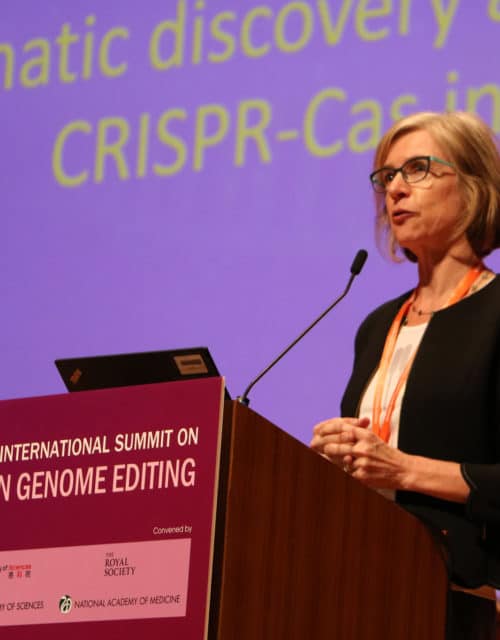
Interview
“A Viable Path Toward Responsible Use”

Gallery
Time, Place, & Identity
Features
The Changing Temptations of Science
Read MoreThe changes in science over the past century have outpaced society’s images of science, of what sort of activity it is, and of what scientists are and do. Have these changes also outpaced science’s capacity to assure its integrity and quality?
Between the Leviathans
Read MoreThe United States has been Australia’s closest scientific partner for nearly a century. But with the globalization of science and the rise of China, Australia may need to rethink the science policies that have guided this partnership.
Getting to Zero—and Beyond
Read MoreNot only is there a host of ways through which California could meet its 2045 carbon neutrality goal, but it would be a lot less costly than previously imagined.
Rebuilding the Ivory Tower: A Bottom-Up Experiment in Aligning Research With Societal Needs
Read MoreDespite the production of more and better science, it often falls dramatically short of solving real-world problems. A group at the University of Maine tackled this problem head-on.
How to Improve the Social Benefits of Agricultural Research
Read MoreFamines have killed tens of millions of people across the centuries. But as the global population rose from 2.5 billion people in 1950 to nearly eight billion today, mortality from famine was radically curtailed. What accounted for this remarkable accomplishment?
The Emergence of the Fifth Wave in American Higher Education
The increasing selectivity of the top private research universities and liberal arts colleges in the United States no longer surprises anyone. Harvard, Stanford, and the rest compete on the basis of this… Read More
Book Reviews
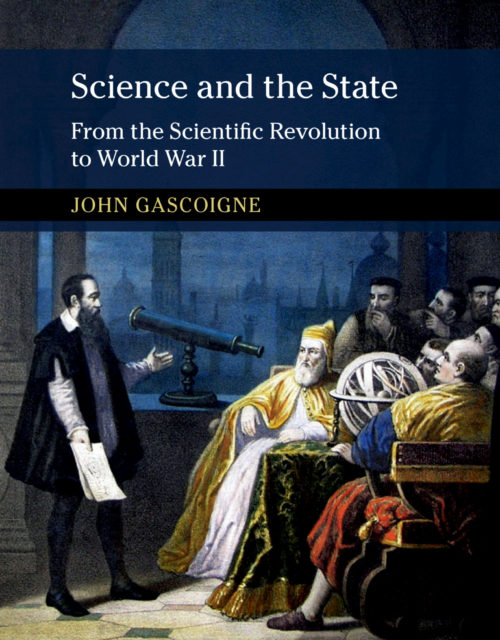
Powerful Knowledge
Read MoreThe relationship between government and scientific research, broadly conceived, is central to the quest for human betterment and the sustainability of the planet. Only the state has the resources, legitimacy, and authority to identify, fund, and deploy the important advances developed by research in the public interest.
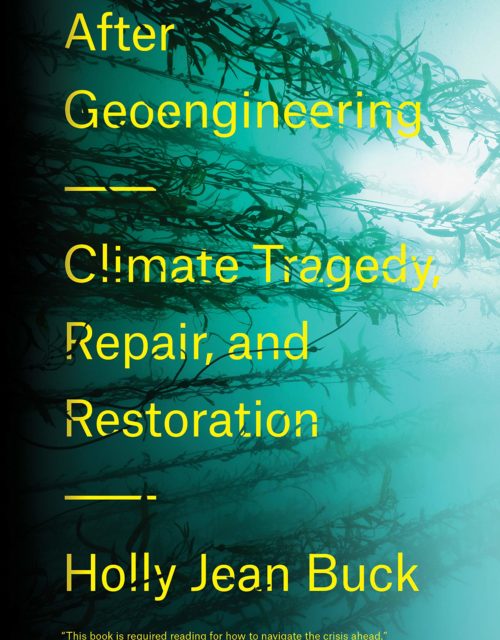
Whatever Human Makes
Read MoreTo critics of geoengineering, altering the amount of incoming solar radiation by spraying the stratosphere with aerosols is crazy; on the other hand, the more the climate warms, the more a drastic solution seems appealing, and garners the kind of attention that turns into research funding.
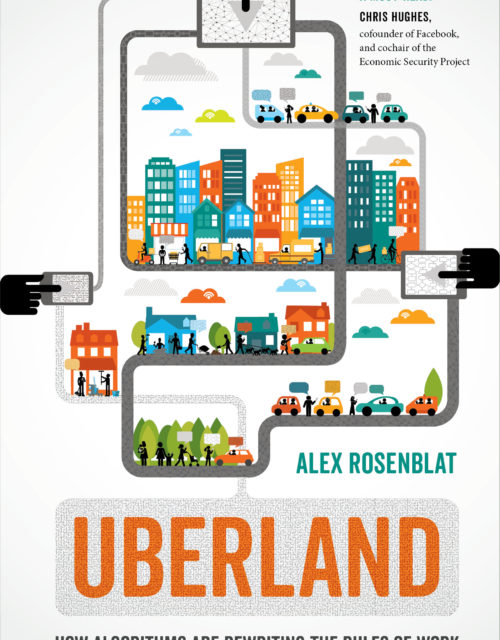
Inside the Gig Economy
Read MoreUberland details Uber’s growth model, which hinges on ignoring municipal regulation to enter new cities without heeding relevant taxi, registration, or background check regulations. Cities that have attempted to ban or restrict Uber struggle to enforce these restrictions.
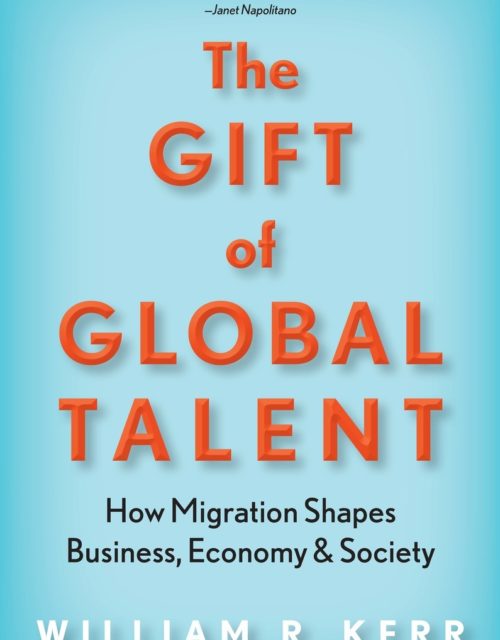
Shutting the Door
Read MoreUS policy, rather than seeking to attract talented individuals, has thrown up barriers to make immigration—and sometimes even short-term visits by scientists and engineers, including internationally known and respected experts—difficult and complicated.
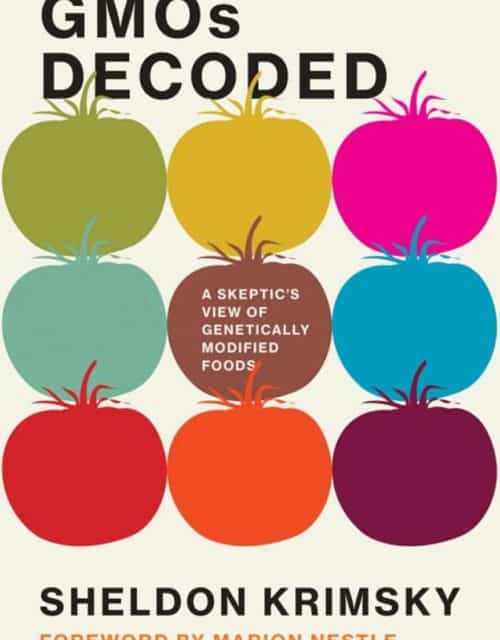
Promise or Peril?
Read MoreI was looking forward to a book that delves into these issues and provides what a blurb on the back of GMOs Decoded calls “an authoritative and balanced examination of the scientific and policy debates about GMOs.” But after I’d finished the book I recalled Jake, the hero of Ernest Hemingway’s The Sun Also Rises, lamenting a doomed relationship with the weary skepticism I was starting to feel: “Isn’t it pretty to think so?”

